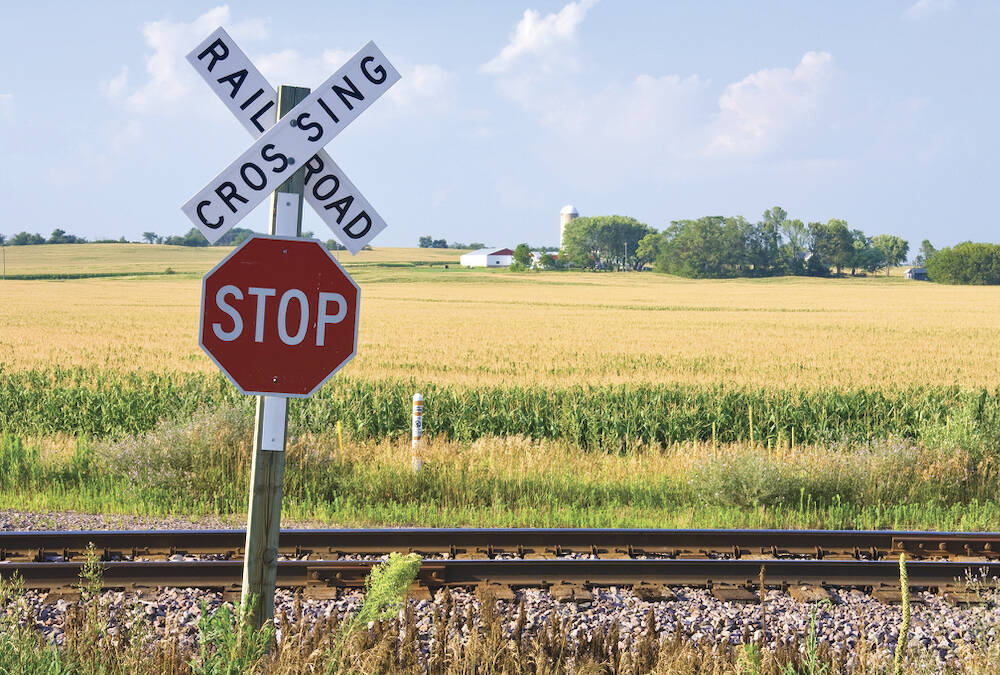Canada’s rail freight traffic at full stop

Canada’s freight rail traffic has ground to a halt after the country’s two largest railways have locked out workers after failed labour negotiations.
Read Also


Ridgetown welcomes new field crop pathologist
Gursahib Singh is Ridgetown’s new field crop pathologist.
The simultaneous lockout by both Canadian National Railway and Canadian Pacific Kansas City railway took effect at 12:01 a.m. this morning.
In a statement Aug. 20, the Ontario Bean Growers called the lack of government intervention as a “black eye to our industry.”
“Many canners overseas are reducing warehouse size in favour of JIT supply chains, and if the Canadian industry is unable to meet their supply needs, they’ll go elsewhere,” said the OBG.
Yesterday, chair Jamie Payton told attendees of the Ontario Bean Research Day “this is a crisis. Everyone here, if you don’t think you are going to be affected, you will.
“We look like idiots on a global stage.”
He encouraged growers to lean on Premier Doug Ford as well, saying the issue just isn’t federal.
OBG was one of numerous farmer and commodity organizations encouraging its members to share the #StopTheStrike initiative. The initiative, spearheaded by Pulse Canada, is an attempt to get the government to intervene by encouraging Steven MacKinnon, Minister of Labour to invoke section 107 of the Canada Labour Code, which would direct the Canada Industrial Relations Board (CIRB) to help parties reach an agreement under binding arbitration and suspend the ability for either lockouts or strikes pending an agreement.
Senators Rob Black and Mary Robinson also encouraged Minister MacKinnon to invoke section 107 in a joint letter shared on social media Aug. 21.
The OBG said in its statement “the last rail strike we had left ships sitting on our coast unable to be unloaded, and a complete backlog of rail traffic nationwide. A one week strike will set exports and imports back at least three weeks. The research shows that the combined loss for grains and oilseeds (bulk grain, containerized, and crushed) due to a work stoppage is over $43 million per day in August and over $50 million per day in September.”
-with files from John Greig
Source: Farmtario.com

